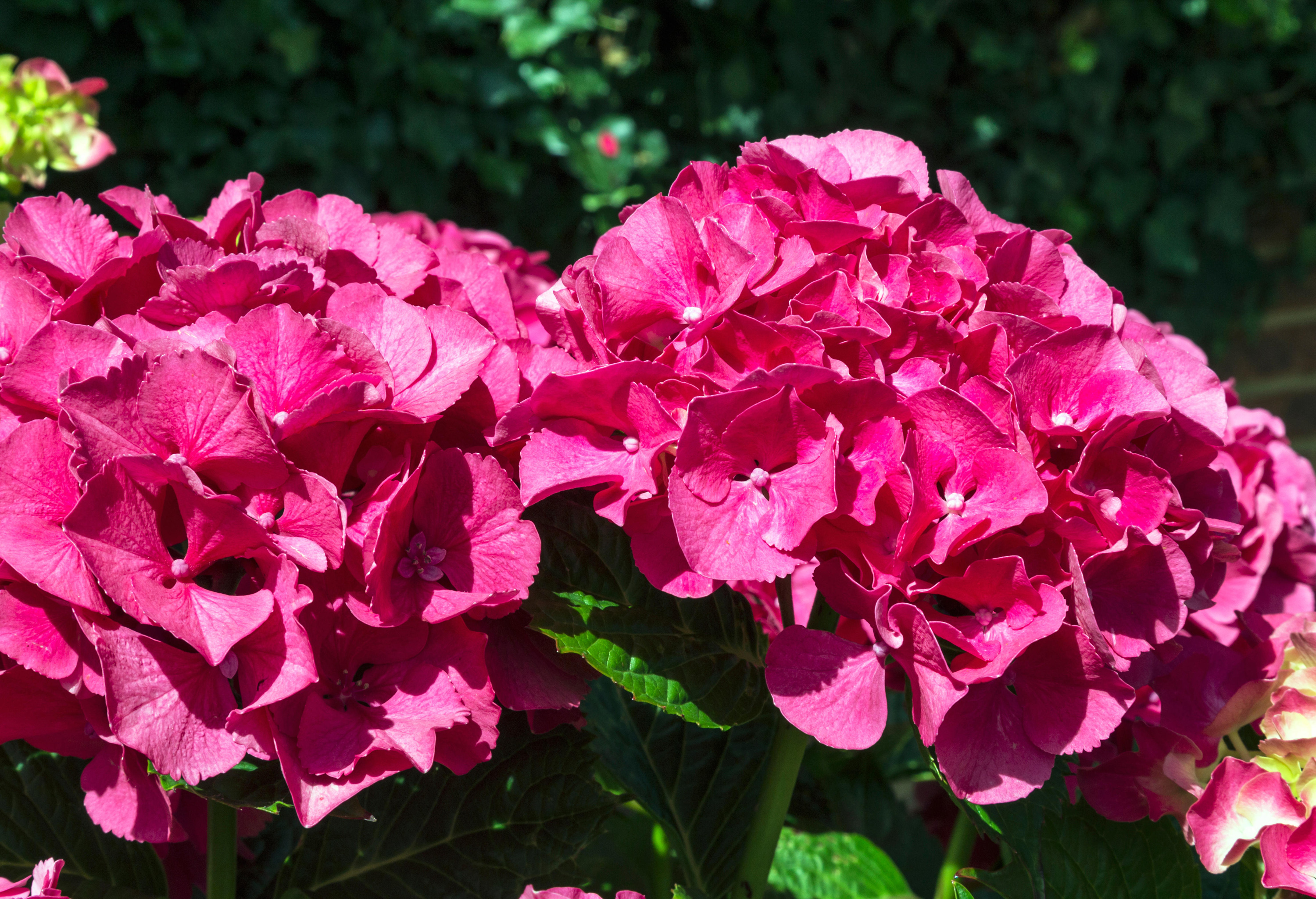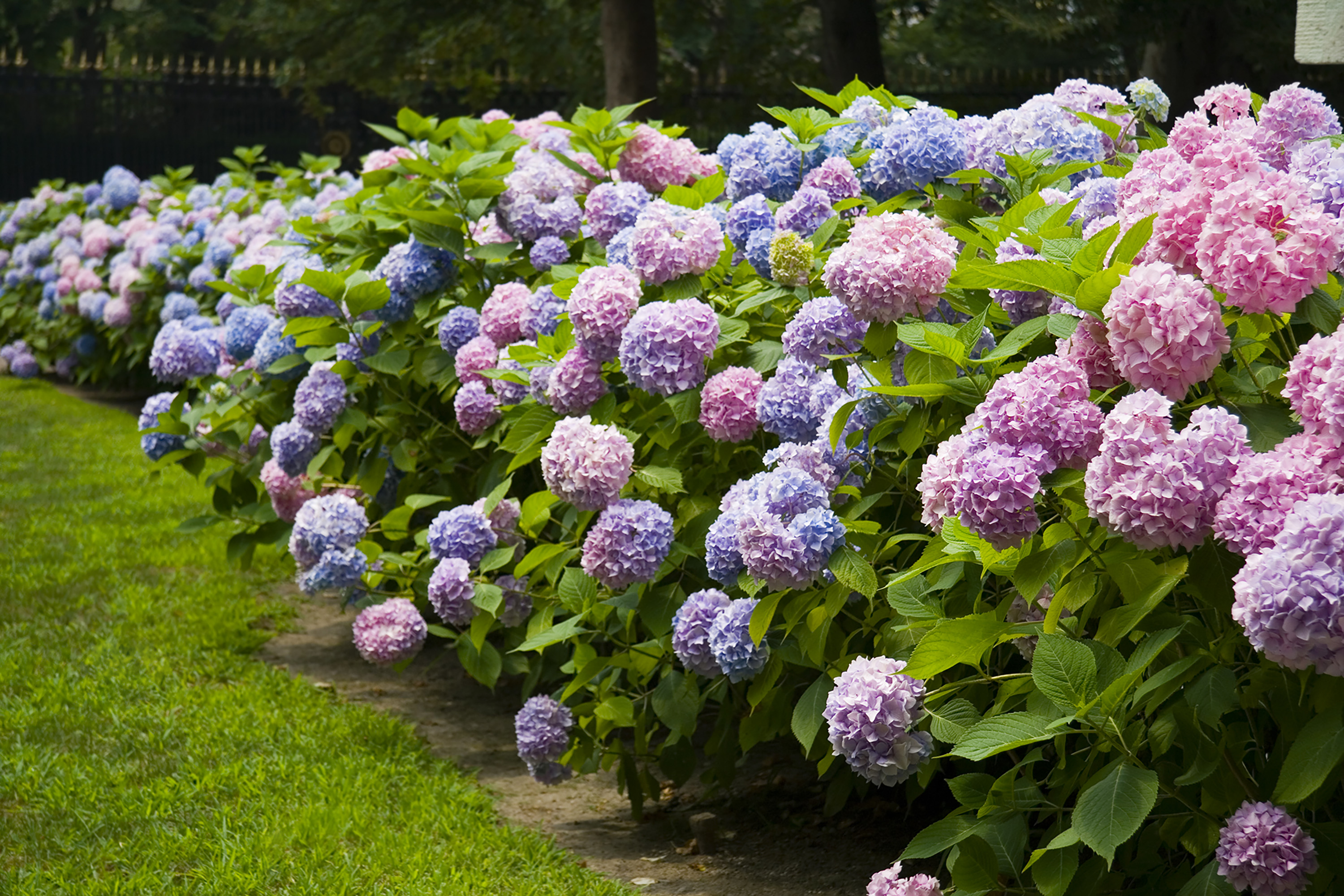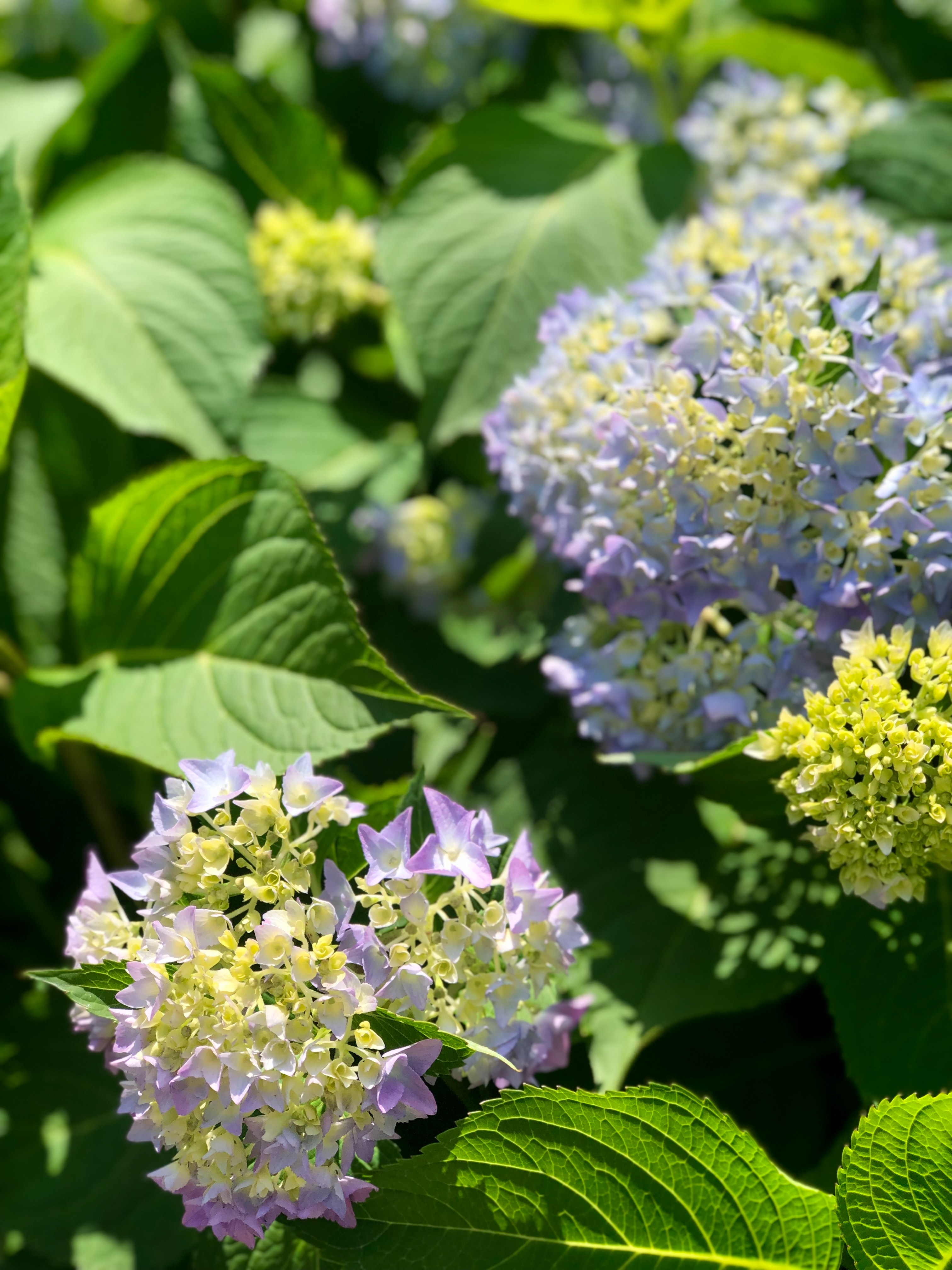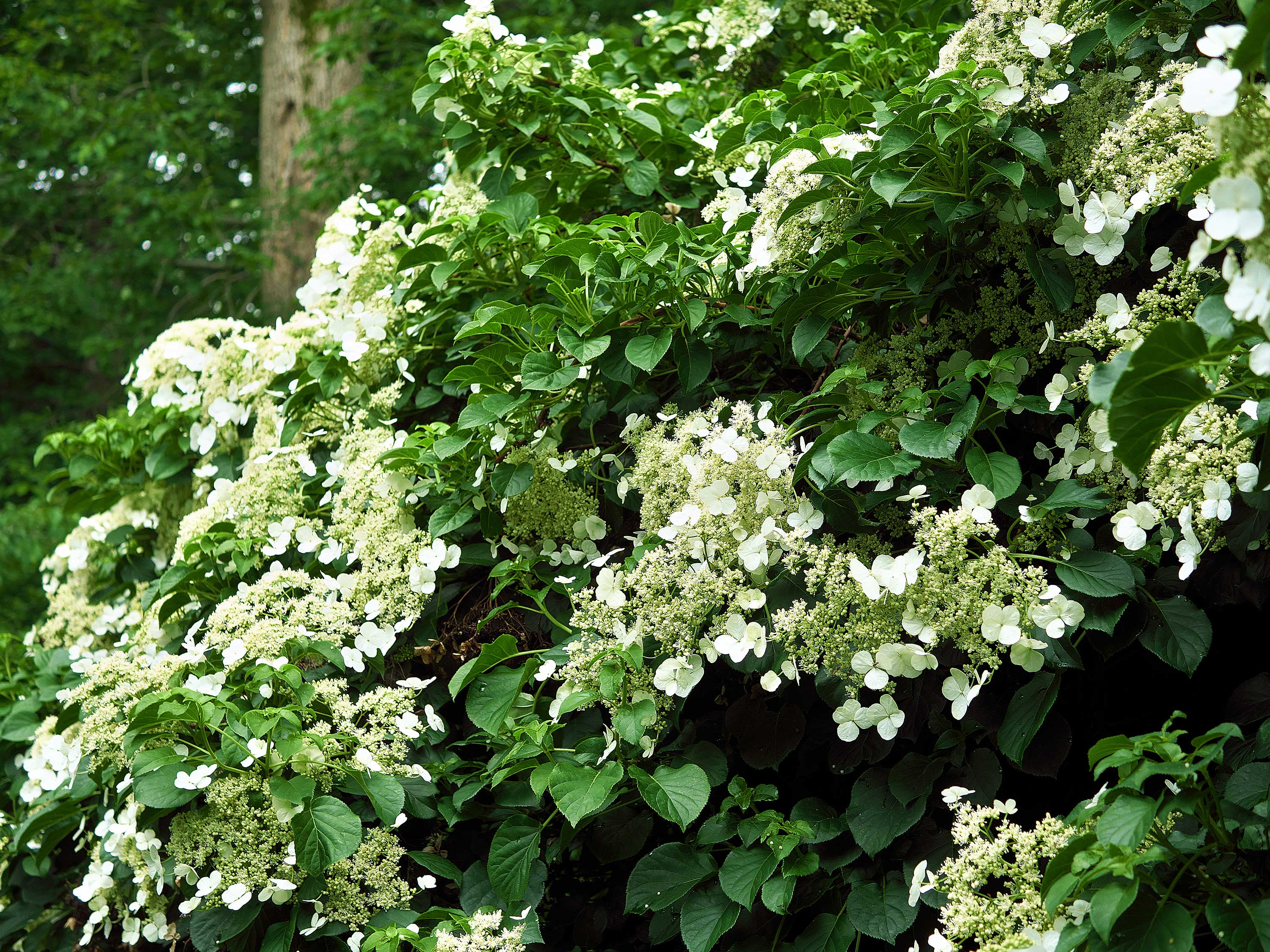Why is my hydrangea wilting? Your hydrangea care problem, solved
Hydrangeas are typically easy to care for, but if yours is wilting, these are top reasons why – and what to do about it

Many a gardener has wondered, dismayed, 'why is my hydrangea wilting'? A previously healthy hydrangea plant can quickly begin to look like it's dying – but don't worry, in most cases, with the right hydrangea care tips, your plant will quickly come back to life.
Learning how to grow hydrangeas can involve quite a bit of detective work, because there will be variations between different types of hydrangeas, and you'll need to closely observe your individual plant to determine what's causing it to wilt. It is most likely down to one of the following three things though.
1. Your hydrangea is under-watered

Hydrangeas love water, as their name suggests. Most cases of hydrangea wilt can be solved by watering them more often and more thoroughly. 'This especially applies to hydrangeas in pots, which need a regular soak,' writes Monty Don in a MailOnline article. Note how he doesn't just refer to watering hydrangeas but suggests you soak them. This is exactly what a hydrangea loves, especially on dry summer days: water it for as long as 10 minutes during periods of drought. If you've been away and your plant has completely wilted, give it a 20-minute soak and see if it bounces back.
2. It's getting too much sun

Hydrangeas are actually woodland plants originally, so their ideal spot is in dappled shade. Some hydrangeas do like a fair bit of morning sunshine, but will wilt in scorching afternoon sun, so take this into account when deciding on where to position your plant.
Obviously, if you're growing yours in a pot as part of your container gardening ideas, it's easy enough to move to a different spot with more shade.
If yours is planted in the ground, you may want to check our guide on how to build a pergola to help create some shade during the hottest part of the day.
3. You are over-feeding it

Hydrangeas are sensitive to an excess of nitrogen in the soil and often will begin to wilt if overfertilized. Fortunately, if this is the case (you can test the PH of your soil using a simple device), you can rebalance the soil by adding potassium.
Ideally, though, only feed your hydrangeas sparingly. As Monty explains, it's far more important to provide your hydrangea with soil that is water-retentive (learn more in our guide to soil types): 'Make sure there's lots of organic matter in the soil before planting and mulch each year with a generous layer of compost or leaf mould.' Other than that, your hydrangea will take care of itself.
Anna writes about interior design and gardening. Her work has appeared in Homes & Gardens, Livingetc, and many other publications. She is an experienced outdoor and indoor gardener and has a passion for growing roses and Japanese maples in her outside space.
